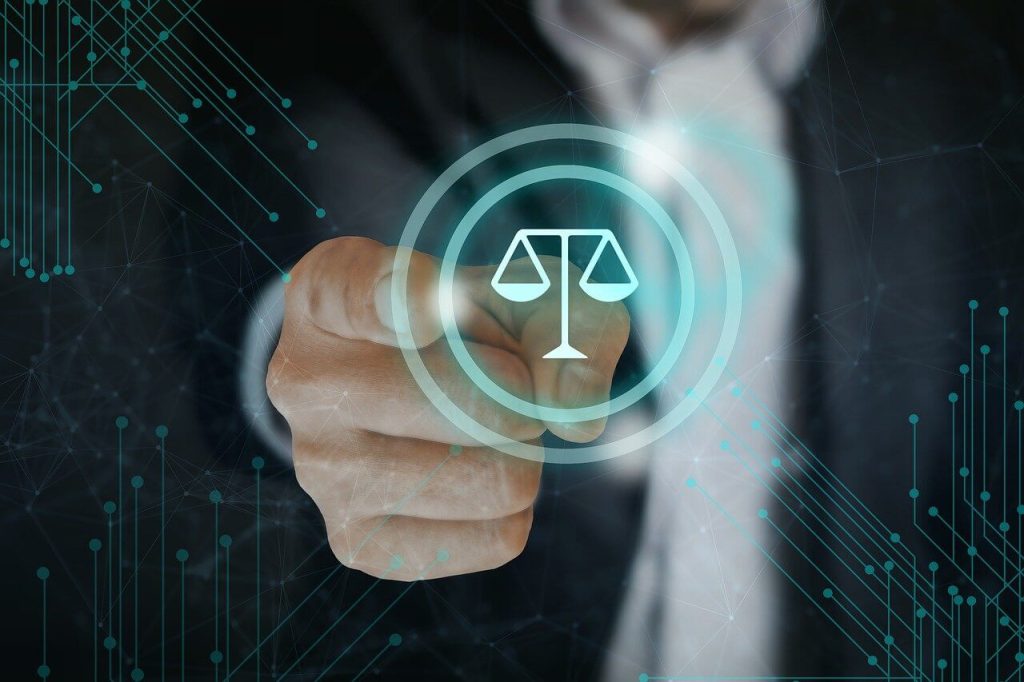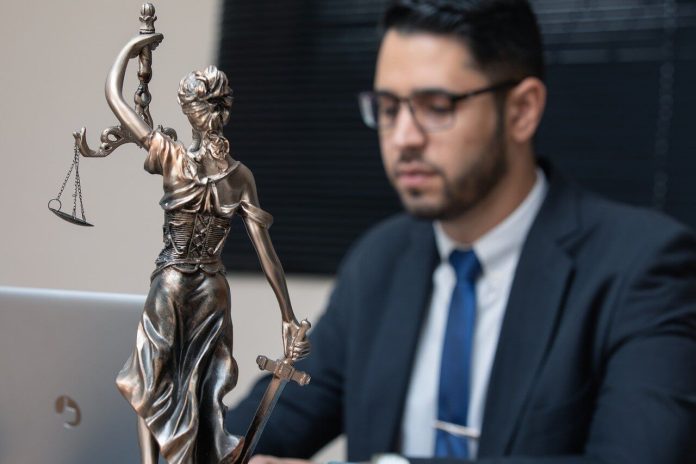The legal responsibility for managing a person’s finances and property lies with either the Public Trustee or a court-appointed guardian. When someone can no longer make decisions for themselves, disputes can arise about who should make decisions on their behalf.
If no one else is suitable to take on this responsibility, the court may appoint the Public Trustee. The role of the Public Trustee is to protect the interests of the person who can no longer make decisions for themselves.
However, there are some situations where the Public Trustee may not be the best person to manage someone’s affairs. In these cases, it may be necessary to appoint a private guardian.
Table of Contents
Here are six things you need to know about Public Trustee and guardian disputes:
1. What is a Public Trustee?
The Public Trustee is a government body that has the legal responsibility for managing the finances and property of people who can no longer make decisions for themselves. The Public Trustee may be appointed by the court to act as a guardian or set by the person themselves before they lose capacity.

In Queensland, the Public Trustee is a statutory body part of the Department of Justice and Attorney-General. If you are eligible to make a compensation claim, lawyers at attwoodmarshall.com.au can also help you. Lawyers who work for the Public Trustee are called public trustees. They are usually solicitors or barristers appointed by the court to act on behalf of the Public Trustee.
2. What is a guardian?
A guardian is a person who has been appointed by the court to make decisions on behalf of someone who can no longer make decisions for themselves. A guardian may be assigned to manage the finances and property of the person, or they may be appointed to make decisions about the person’s care and welfare.
In most cases, the guardian will be a family member or friend. However, if no one is suitable for this role, the court may appoint the Public Trustee to act as the guardian.
3. What is a dispute?
A dispute can arise when there is disagreement about who should make decisions on behalf of someone who can no longer make decisions. This may be between family members, friends, or other interested parties. The most common types of disputes are:
- Disagreements about who should make decisions on behalf of the person
- Disagreements about how the person’s finances should be managed
- Disagreements about the person’s care and welfare
4. What are the Options if There is a Dispute?
If there is a dispute about who should be the guardian, the court will decide who should be appointed. The court will consider the person’s best interests who can no longer make decisions for themselves and nominate the person they believe is most suitable to take on this role.
If there is a dispute about managing a person’s finances and property, the court may appoint the Public Trustee to act as guardian or administrator. The Public Trustee will then decide how the person’s finances and property should be managed.
If there is a dispute about the care and welfare of the person, the court may appoint a guardian to make decisions about the person’s care and welfare. The court will consider the person’s best interests when making this decision.
5. The Public Trustee Can be Removed as Guardian
The Public Trustee can be removed as guardian by the court if it is in the person’s best interests who can no longer make decisions for themselves. The court may also appoint a new guardian to take on this role.
If the court decides that it is in the person’s best interests, they may appoint a private guardian to manage the finances and property of the person. A personal guardian is usually a family member or friend of the person. However, if no one is suitable for this role, the court may appoint the Public Trustee to act as guardian.
6. The Court Can Make Orders About How the Person’s Affairs are to be Managed
The main aim of the court is to make orders that are in the best interests of the person who can no longer make decisions for themselves. The court may make orders about how the person’s finances and property should be managed, and they may also make orders about the person’s care and welfare.
The court may also appoint a guardian to make decisions on behalf of the person. The guardian will be responsible for making decisions about the person’s finances, property, personal care, and welfare. For instance, the guardian may decide where the person should live, what medical treatment they should receive, and whether they should have contact with family and friends.
If you are appointed as guardian or administrator, it is essential to remember that you must always act in the person’s best interests. This means that you must make decisions that you believe are in the person’s best interests, even if this goes against the wishes of their family or friends. If you feel overwhelmed, it is vital to seek help from professionals such as your local Public Trustee office or a solicitor.


